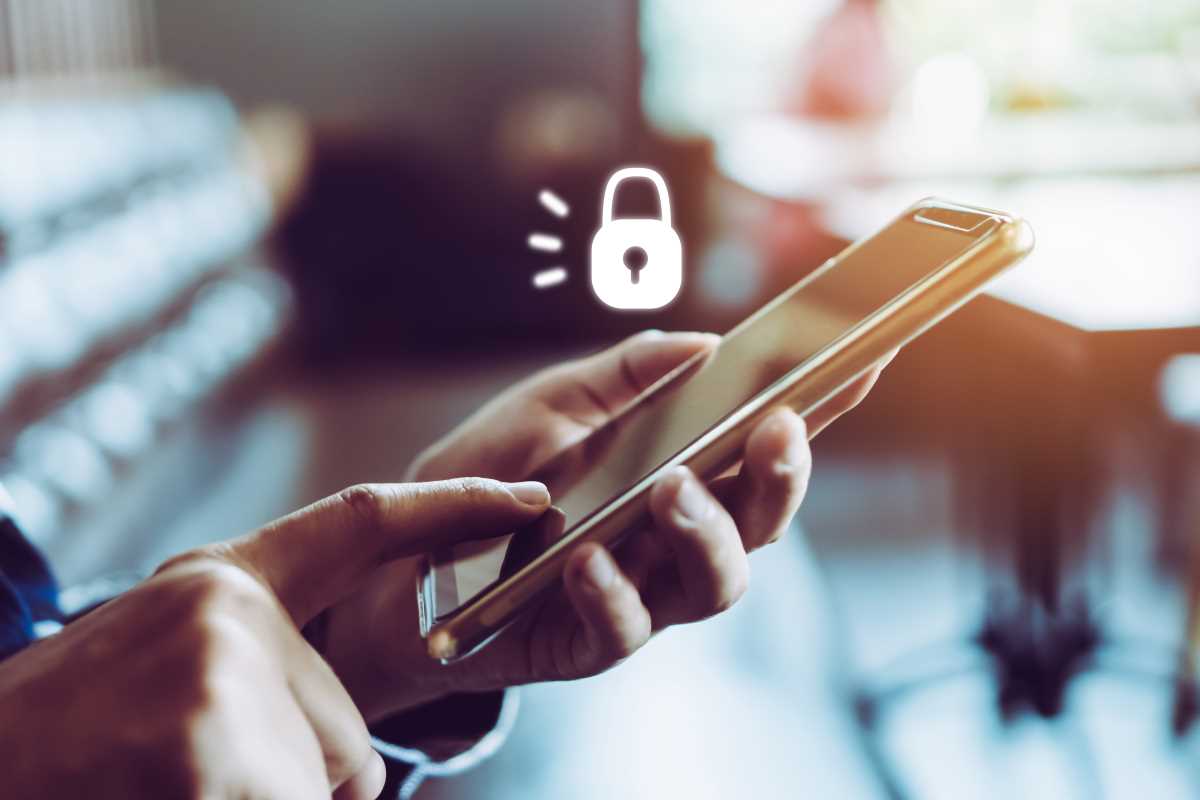Smartphones have become an integral part of our daily lives, serving as tools for communication, information access, and productivity. They store sensitive personal and financial information, making them attractive targets for cybercriminals.
While these devices offer unmatched convenience, they also come with inherent security risks. Understanding common smartphone security threats and implementing strategies to mitigate them is essential to protect your personal data and ensure privacy.
Unsecured Wi-Fi Networks
Public Wi-Fi networks are convenient, but they pose significant security risks. These networks are often unsecured, allowing hackers to intercept data transmitted over them in what is known as a "man-in-the-middle" attack. Sensitive information such as passwords, credit card details, and login credentials can be stolen in these scenarios.
How to Protect Yourself:
- Avoid Public Wi-Fi: Refrain from using public Wi-Fi networks to access sensitive information, such as online banking or shopping.
- Use a VPN: A virtual private network (VPN) encrypts your data, ensuring your online activities remain private even on unsecured networks.
- Enable Mobile Data: Use your cellular data connection for added security when accessing sensitive information.
Phishing Attacks
Phishing is a prevalent cybersecurity threat where scammers send fraudulent emails, messages, or links to trick users into revealing personal information or downloading malware. These messages often appear legitimate, mimicking trusted organizations or contacts, and create a sense of urgency to prompt quick action.
How to Protect Yourself:
- Scrutinize Messages: Be wary of unsolicited emails or messages asking for personal information or urging immediate action.
- Verify Senders: Cross-check the sender's details with official contact information before responding.
- Avoid Clicking Links: Never click on links in messages unless you are sure of their authenticity.
- Enable Spam Filters: Use email filters to block potentially harmful messages.
Outdated Software
Failing to update your smartphone's operating system and apps can leave your device vulnerable to cyberattacks. Hackers exploit known vulnerabilities in outdated software to gain unauthorized access to devices and steal data.
How to Protect Yourself:
- Regular Updates: Frequently check for operating system and app updates and install them promptly.
- Enable Automatic Updates: Turn on automatic updates to ensure your device always has the latest security patches.
- Delete Unused Apps: Unused apps may no longer receive updates, creating potential vulnerabilities. Regularly review and remove apps you no longer need.
Malware Infections
Malware, including viruses, spyware, and ransomware, can infiltrate your smartphone through malicious apps, links, or attachments. Once installed, malware can steal personal data, track your activities, or even lock your device and demand a ransom.
How to Protect Yourself:
- Use Trusted Sources: Download apps only from official app stores such as Google Play or the Apple App Store.
- Review Permissions: Carefully review the permissions requested by apps before granting access.
- Install Antivirus Software: Use reputable antivirus software to detect and remove potential threats.
- Avoid Suspicious Links: Be cautious of clicking links in emails, messages, or ads, especially from unknown sources.
Physical Security Threats
Losing your smartphone or having it stolen poses not only a financial loss but also a significant risk to your personal information. Unauthorized access to your device can lead to identity theft, financial fraud, or misuse of stored data.
How to Protect Yourself:
- Strong Authentication: Use a robust PIN, password, or biometric authentication, such as fingerprint or facial recognition, to secure your device.
- Enable Remote Access Tools: Activate features like Find My iPhone or Android Device Manager to locate or remotely wipe your device if it's lost or stolen.
- Lock Screen Timeout: Set your device to lock automatically after a short period of inactivity to minimize unauthorized access.
Data Backup
Data loss can occur for various reasons, including accidental deletion, hardware failure, or security breaches. Without a backup, recovering important files, photos, or other data may be impossible.
How to Protect Yourself:
- Cloud Backups: Regularly back up your data to a secure cloud storage service. Many smartphones have built-in backup options, such as iCloud for iPhones or Google Drive for Android devices.
- External Storage: Use external devices, such as hard drives or USB drives, for additional backups.
- Schedule Regular Backups: Automate your backup process to ensure your data is always up to date.
Other Essential Tips for Smartphone Security
In addition to addressing specific risks, there are general best practices that can help you maintain smartphone security:
- Two-Factor Authentication (2FA): Enable 2FA for your accounts. This adds an extra layer of security by requiring a second form of verification, such as a code sent to your phone.
- App Permissions Management: Periodically review the permissions granted to your apps. Revoke access to sensitive features, such as your camera, microphone, or location, if it’s unnecessary.
- Secure Passwords: Use strong, unique passwords for your accounts and avoid reusing them across multiple platforms. Password managers can help you generate and store complex passwords securely.
- Be Cautious with Bluetooth: Turn off Bluetooth when not in use to prevent unauthorized connections and potential attacks.
The Importance of Staying Vigilant
Smartphone security is not a one-time effort but an ongoing process. Cybercriminals constantly develop new tactics, making it crucial to stay informed about emerging threats and adopt preventive measures. By being proactive and mindful of potential risks, you can protect your device and the sensitive information it holds.
Whether it’s securing your internet connection, avoiding suspicious links, or enabling device tracking, every small step contributes to a safer mobile experience. As smartphones continue to play an integral role in our lives, ensuring their security is essential for peace of mind and the protection of your digital identity.






